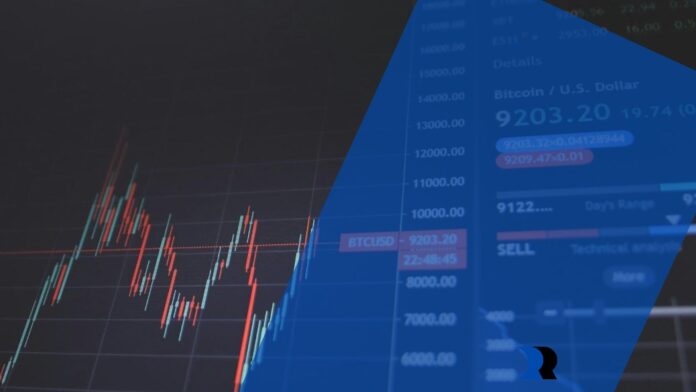When it comes to high-stakes decision-making, the line between pure speculation and a determined strategy can sometimes be blurred. Both the stock market and casinos are places where people try to profit while coping with numerous variables and unpredictable futures. Although the two facilities have very different objectives and clientele, the way they work and the psychology underlying them are more similar than you might expect.
The links between behavioral economics and market psychology are fascinating, and understanding them provides investors with a better perspective on how to assess risk, reward, and logical thought.
Skill, Probability, and Strategic Importance
Both stock investing and casino games require decisions to be made with limited data. But the relative importance of skill versus chance is what sets them apart. In the stock market, investors use technical analysis, market trends, and detailed research to make decisions. Understanding different sectors, quarterly reports, and economic indicators can really give traders an advantage. Data-backed strategies usually beat impulsive choices over time.
In contrast, while many casino games require some level of strategy (e.g., calculating odds or managing your finances), the results are usually determined by mathematical models. Even if you believe you have control, the odds are mostly predetermined, and long-term predictability is virtually certain.
That said, both kinds of environments reward self-control, good risk management, and grasping the concept of volatility. Emotional control and a long-term view are essential—whether navigating a market dip or just waiting out a normal run of bad luck.
Behavioral Finance and Entertainment Economics
The underlying psychology that drives decision-making is where the most striking similarities come to light. Behavioral finance has spent a lot of effort studying how biases such as overconfidence, fear of losing, and recent events influence investment decisions. The same biases emerge in financial scenarios designed for entertainment, when consumers are too easily seduced by short-term results or stories of unexpected success.
In places that offer real money casino games, the balance between perceived control and true chance can create an experience similar to short-term trading. Investors chasing meme stocks or speculating on penny stocks often participate in pattern-seeking behaviors motivated by emotional responses and a desire for immediate pleasure.
However, these entertainment platforms often have visuals, sound cues, and reward systems that make these effects even stronger. The stock market might not be as flashy, but the feeling of checking a rapidly changing portfolio on your phone can trigger the same reward response in the brain. Being aware of these behavioral factors can lead to better, more strategic participation in both settings.
Long-Term Vision Versus Instant Gratification
One key difference between the stock market and casino-style entertainment is the time horizon. In traditional investing, the focus is on growing wealth over time. Reinvesting dividends and diversifying your portfolio are practices that pay off most for those who can wait. Investors plan for the future over 5, 10, or even 30 years, which reveals a long-term focus on sustainability.
In contrast, entertainment markets—particularly those designed to be highly engaging—focus on the present. They’re designed to provide instant results, quick feedback, and emotional highs. This does not always decrease their attraction; it only indicates. Financial ecosystems are becoming increasingly social, reflecting broader human behavior.



